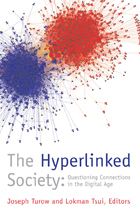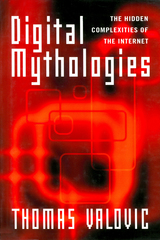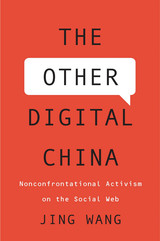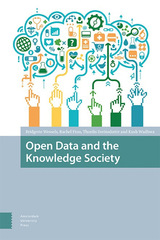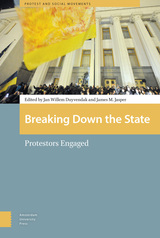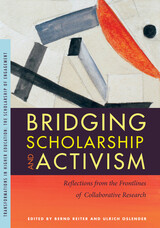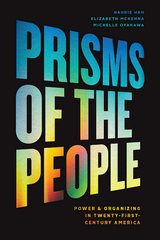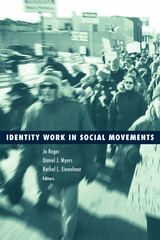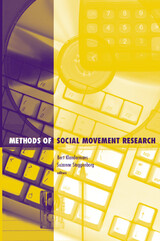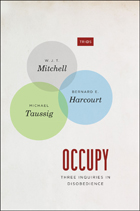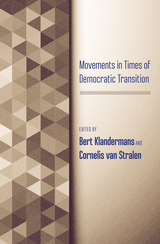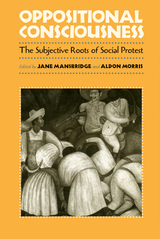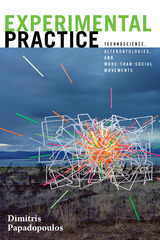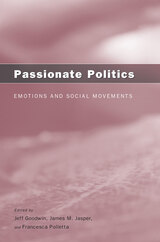Revolution: Structure and Meaning in World History
University of Chicago Press, 2019
Cloth: 978-0-226-02683-1 | eISBN: 978-0-226-02684-8
Library of Congress Classification HM876.A75 2019
Dewey Decimal Classification 303.64
Cloth: 978-0-226-02683-1 | eISBN: 978-0-226-02684-8
Library of Congress Classification HM876.A75 2019
Dewey Decimal Classification 303.64
ABOUT THIS BOOK | AUTHOR BIOGRAPHY | REVIEWS | TOC | REQUEST ACCESSIBLE FILE
ABOUT THIS BOOK
A revolution is a discontinuity: one political order replaces another, typically through whatever violent means are available. Modern theories of revolutions tend neatly to bracket the French Revolution of 1789 with the fall of the Soviet Union two hundred years later, but contemporary global uprisings—with their truly multivalent causes and consequences—can overwhelm our ability to make sense of them.
In this authoritative new book, Saïd Amir Arjomand reaches back to antiquity to propose a unified theory of revolution. Revolution illuminates the stories of premodern rebellions from the ancient world, as well as medieval European revolts and more recent events, up to the Arab Spring of 2011. Arjomand categorizes revolutions in two groups: ones that expand the existing body politic and power structure, and ones that aim to erode—but paradoxically augment—their authority. The revolutions of the past, he tells us, can shed light on the causes of those of the present and future: as long as centralized states remain powerful, there will be room for greater, and perhaps forceful, integration of the politically disenfranchised.
In this authoritative new book, Saïd Amir Arjomand reaches back to antiquity to propose a unified theory of revolution. Revolution illuminates the stories of premodern rebellions from the ancient world, as well as medieval European revolts and more recent events, up to the Arab Spring of 2011. Arjomand categorizes revolutions in two groups: ones that expand the existing body politic and power structure, and ones that aim to erode—but paradoxically augment—their authority. The revolutions of the past, he tells us, can shed light on the causes of those of the present and future: as long as centralized states remain powerful, there will be room for greater, and perhaps forceful, integration of the politically disenfranchised.
See other books on: Meaning | Revolution | Revolutions | Structure | World History
See other titles from University of Chicago Press


